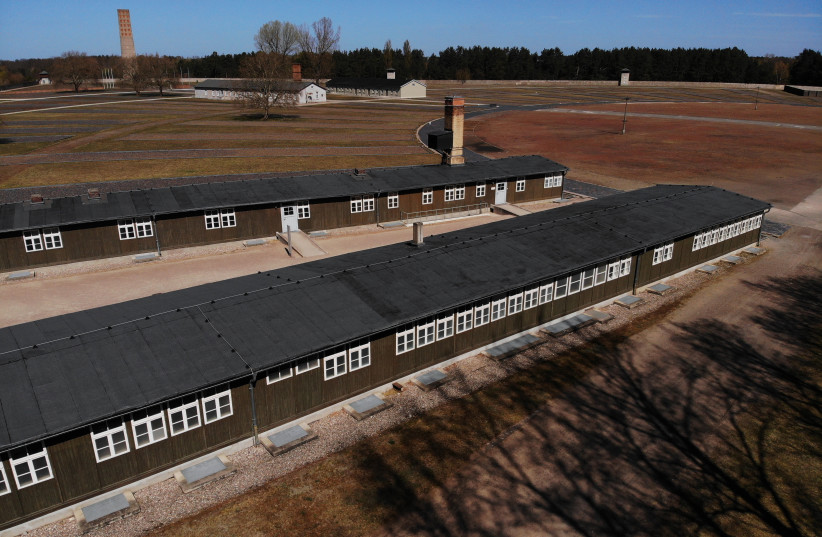Seventy-seven years after the Holocaust ended, two trials are in progress against Nazi war criminals in Germany, new investigations of Nazi crimes in Denmark, Italy and Belarus have been opened, and there are ongoing efforts toward more investigations by judicial authorities in Germany and the United States, according to the Simon Wiesenthal Center’s 20th annual report on the worldwide investigation and prosecution of Nazi war criminals, released on the eve of Yom Hashoah.
The trials being held in Germany involve one for Irmgard Furchner, 96, who was secretary to the Stutthof concentration camp commandant; and one against Josef Schuetz, 101, a former SS guard at Sachsenhausen. Both trials are nearing completion and verdicts are expected before the summer.
The opening of an investigation in Denmark of the mass murder of more than 250 Hungarian Jews by Danish SS volunteers in the final weeks of World War II in Graz, Austria, is an example of crimes that were only recently discovered.
“The report is an important resource that documents the investigation and prosecution of Nazi criminals all over the world, and is a timely reminder that Holocaust perpetrators can still be held accountable for their crimes,” said the Wiesenthal Center’s chief Nazi-hunter and Holocaust historian, Dr. Efraim Zuroff.

